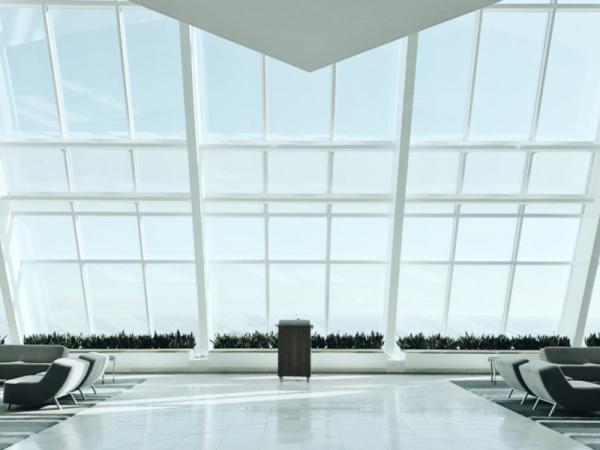
Date: 17 March 2023
During the last week, the European Commission unveiled a series of proposals for regulation and initiatives[1] aiming at reducing the instability in energy prices, boosting the competitiveness of European-based industries and accelerating Europe’s transition toward a low-carbon economy. Despite the laudable objectives and numbers of initiatives, Glass for Europe expresses its doubts about the ambition and effectiveness of the overall package of measures.
Commenting specifically on the ‘net-zero industry act’, which provides the overall policy direction, Bertrand Cazes, Secretary General of Glass for Europe, declared: “What was presented today is a very minimal step to encourage industrial investments in the EU”. The proposed measures to boost investments in ‘net-zero technologies’ are relatively limited, and financial support put forward in the new Temporary State Aid and Transition Framework remains heavily constrained. Measures put forward are not fundamentally improving the business case for long-term industrial investments as they lack decisive actions to address Europe’s high production costs.
“It is unclear if this is going to be enough to counter-balance the higher and instable energy costs that are likely to remain a reality for the European industry”, continued B. Cazes. It is difficult to foresee if the proposed reform of the electricity market design will be efficient at substantially lowering electricity costs for European industries, while the availability of green hydrogen and alternative fuels remains a point of interrogation.
Glass for Europe welcomes that solar PV and solar thermal are among the ‘net-zero technologies’ available for some support and that the production of their major components such as solar glass is covered. This confirms the relevance of the work of the "Solar PV Industry Alliance" launched by the European Commission, where Glass for Europe attempts to create a new framework conducive to solar glass manufacturing capacities in Europe.
B. Cazes nevertheless regrets that “the limited support put forward is restricted to happy-few net-zero technologies. It is incomprehensible that materials and products for energy-efficient buildings are not included as a strategic net-zero technology. This is at odd with the Commission’s own analysis about the importance of building renovation”, for instance the EU renovation wave or the Save gas for a safe winter plan, which emphasize the importance of building renovation to save energy and succeed in the carbon transition.
“The net-zero industry act needs to be beefed up rapidly!” concludes Bertrand Cazes.
***
[1] Net-Zero Industry Act - Temporary State Aid and Transition Framework - Global Block Exemption Regulation – Electricity Market Design Reform – Critical Raw Materials Act.

 600450
600450








Add new comment